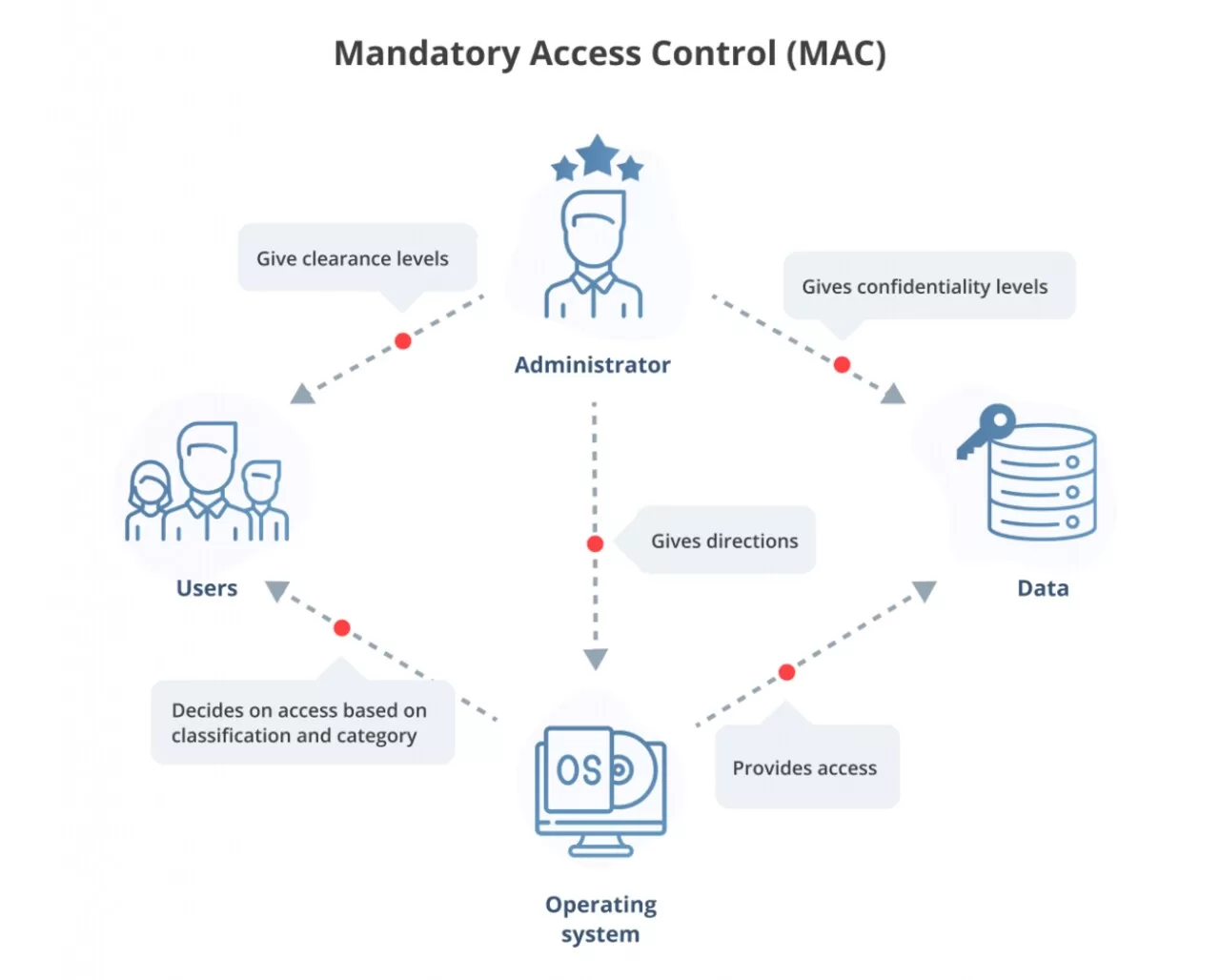Cloud computing is a transformative technology that provides on-demand access to computing resources, applications, and storage over the Internet. While it offers cost-efficiency and scalability, it also comes with security issues that businesses must address. These issues include data loss, account hijacking, unsecure APIs, and cyberattacks. Ensuring strong cloud security measures is essential to protect sensitive data and prevent unauthorized access.
Despite the advantages of cloud computing, there remains a lot of uncertainty around the safety of technology. As a result, maintaining an elevated level of security has emerged as one of the cloud computing industry’s top priorities. The following is a list of some of the most pressing issues about security that your company should have regarding cloud computing.
Data Loss: A Major Cloud Security Issue
Cloud computing presents many challenges, one of which is the potential loss of data. Another reason for this problem is data leakage. Because we are aware that someone else has our sensitive material, and because we do not have complete control over our database, we cannot disclose it. Therefore, if hackers are successful in breaching the security of cloud services, it is likely that they may get access to the sensitive data or personal files that we save in the cloud.
Security Issues from Hackers and Unsecure APIs in Cloud Computing
If we are discussing the cloud and the services it offers, then obviously we are discussing the Internet. This is common knowledge. Additionally, we are aware that utilizing an API to interface with the cloud is the most straightforward method. Therefore, it is essential to secure the interfaces and application programming interfaces (APIs) that are used by external users. However, in the realm of cloud computing, there are very few services that are freely accessible to the public.
The aspect of cloud computing that is most prone to security breaches is that unauthorized users can get access to the hosted services. Therefore, it is likely that with the assistance of these services, hackers would be able to simply get into our data or do damage.
User Account Hijacking: A Critical Cloud Security Concern
User account hijacking is the most serious security concern in cloud computing. If, for some reason, a hacker gains access to a user account or the account of an organization. After that, the hacker has complete permission to engage in activities that are not approved.

Security Challenges in Changing Cloud Service Providers
Altering the lock-in between service providers and vendors is another incredibly significant security concern in cloud computing. Changing from one vendor to another is going to provide a variety of challenges for many different firms. For instance, if an organization wants to switch from using AWS Cloud to Google Cloud Services, then it will face some challenges, such as moving all of its data. Additionally, because both cloud services use different methods and functions, they will also face challenges regarding those aspects of the switch. Additionally, the fees charged by AWS, Google Cloud, and other cloud services are not the same.
Lack of Skills: A Growing Risk in Cloud Security
While working, changing to another service provider, needing an additional feature, not knowing how to utilize a feature, and other similar issues are the primary difficulties that arise in an IT company that does not have competent employees. Working with cloud computing thus calls for someone with relevant experience.
An assault known as a denial of service, or DoS, takes place when there is an overwhelming volume of traffic sent to the target system. The majority of denials of service attacks are launched against huge institutions like banking, government, and other similar sectors. When a DoS attack takes place, data is discarded. Therefore, to retrieve the data, you will need to spend a significant amount of time and money on the process.
Denial of Service (DoS) Attacks: A Threat to Cloud Security
A denial of service (DoS) attack occurs when hackers overwhelm a system with excessive traffic. Most distributed DoS attacks target large organizations, including banks, government institutions, and similar industries. These attacks disrupt operations by discarding data, forcing organizations to spend significant time and resources on recovery. Because of this, in order to recover the data, you will need to invest a considerable amount of time and resources in the procedure.



